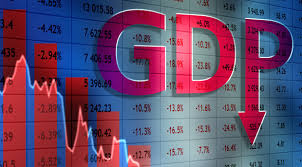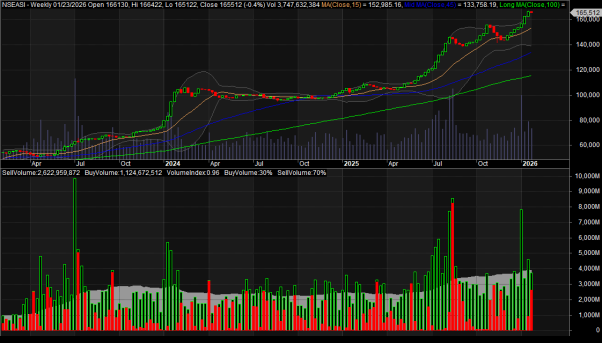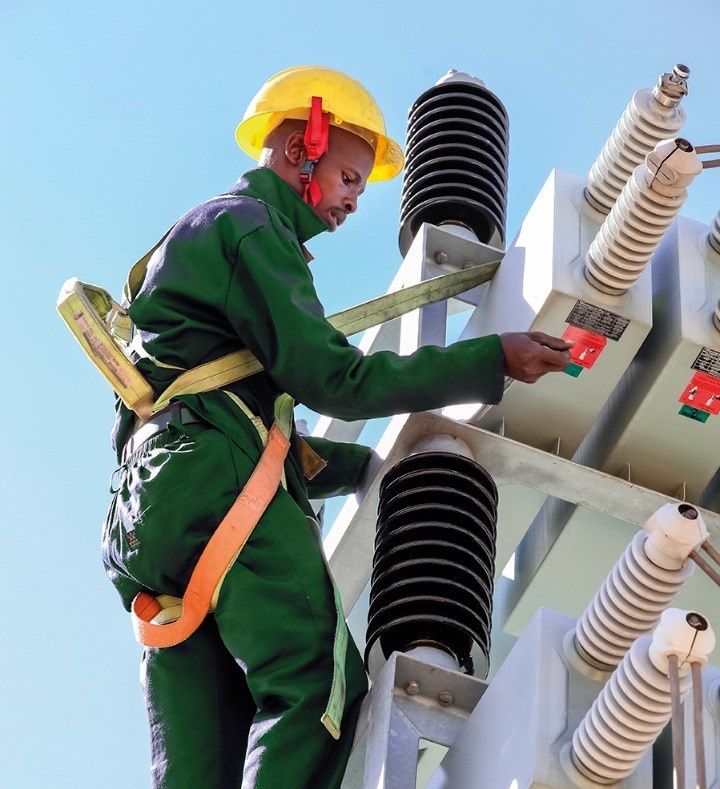
Akintunde Oyedokun
Research Analyst
Oil prices climbed on Wednesday as U.S. crude inventories fell by 6 million barrels, well above expectations, signaling strong demand. Brent closed at $66.84 a barrel and WTI at $63.21.
The gains came after Tuesday’s losses tied to hopes of a Russia-Ukraine deal. Talks remain unsettled, with Moscow insisting on involvement in security guarantees and pledging to keep supplying India despite Western pressure.
UK Inflation Climbs to 18-Month High, Raising BoE Policy Concerns
Britain’s inflation rose to 3.8% in July, the highest in 18 months, while services inflation accelerated to 5.0%, both above Bank of England (BoE) forecasts. Despite a recent rate cut, the BoE signaled caution on further easing, with markets now pushing expectations of the next cut to 2026. Tight labor markets, rising utility bills, and persistent wage growth continue to fuel price pressures, leaving the UK with the fastest inflation among major advanced economies.
New Zealand Central Bank Slashes Rate, Markets See More Cuts Coming
The Reserve Bank of New Zealand cut its cash rate by 25 basis points to 3.00%, the lowest in three years, and signaled more easing as growth stalls. The surprise dovish stance pushed the kiwi to a four-month low and swap rates to their weakest since 2022.
With policymakers lowering their rate floor to 2.55% and two members backing a bigger 50bp cut, markets now anticipate further reductions in October and November, with forecasts pointing to a trough near 2.5%.
South Africa Inflation Rises to 3.5% in July on Food, Fuel Costs
South Africa’s annual inflation climbed to 3.5% in July, the highest since September 2024, driven by rising food and fuel prices though still within the central bank’s 3–6% target range. Core inflation eased slightly to 3.0%, below forecasts. The SARB, which has cut rates three times this year, recently lowered its policy rate to 7.00% and is pushing for a reduced inflation goal of 3%. Economists warn that sustained increases in staple costs could force the bank to reverse course and raise rates. The next rate decision comes in mid-September.
Nigerian Port To Add $200bn To Government Revenue In 45 Years
Minister of Marine and Blue Economy, Adegboyega Oyetola, says Lekki Deep Sea Port will generate $200 billion for the government during its 45-year concession.
He explained at an event in Lagos that the port has reduced congestion, improved trade flow, and boosted investor confidence with better road access.
Oyetola added that Lekki Port, built with modern technology and strong partnerships, is a model for Nigeria’s maritime growth and will also contribute over $361bn to the economy.












